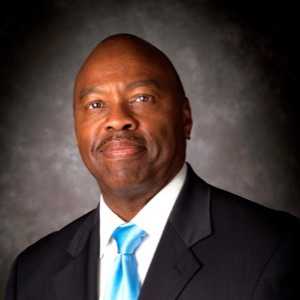Phillip A. Washington was nominated by Denver Mayor Michael Hancock and unanimously confirmed by the Denver City Council as chief executive officer of the Denver International Airport (DEN) on July 12, 2021. DEN is the country’s third busiest airport and the world’s seventh busiest airport by passengers. The annual economic impact of DEN is $33.5 billion and has 30,000 total badged employees with 22 air carriers and a total of 170 concession locations and more than 190,000 square feet of concession space.
Prior to Washington’s arrival at DEN, he was the CEO of the Los Angeles County Metropolitan Transportation Authority (Metro) from March 2015 to May 2021.
As Metro’s CEO, Washington managed a balanced budget in excess of $8 billion, was responsible for overseeing between $18-$20 billion in capital projects and provided oversight of an agency with 11,000 employees that transported 1.2 million boarding passengers daily on a fleet of 2,200 clean-air buses and six rail lines. Metro is the lead transportation planning, programming and financing agency for LA County. As such, it is a major construction agency that oversees bus, rail, highway and other mobility-related infrastructure projects – together representing the largest modern public works program in North America. Washington was also engaged and partnering in all facets of transportation and infrastructure in LA County including aviation, goods movement, freight/railroads, water, public works, housing and transit-oriented communities.
Washington was a key leader in the 2016 successful effort to pass Measure M, a new half-cent sales tax in Los Angeles County (the most populated county in the United States), which garnered 71.15% voter approval. Measure M will allow Metro to build 40 major highway and transit projects over the next 40 years, create 778,000 jobs and provide $133.3 billion in economic impact for the region. Measure M has no sunset and will only end if voters vote to end it.
Washington came to Los Angeles from Denver, where he served as the CEO of Denver Regional Transportation District (RTD) between 2009 and 2015. He was previously the assistant general manager of RTD for nearly 10 years before being named CEO.

